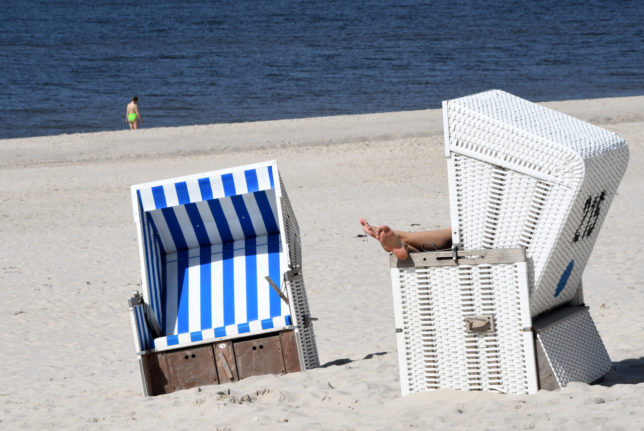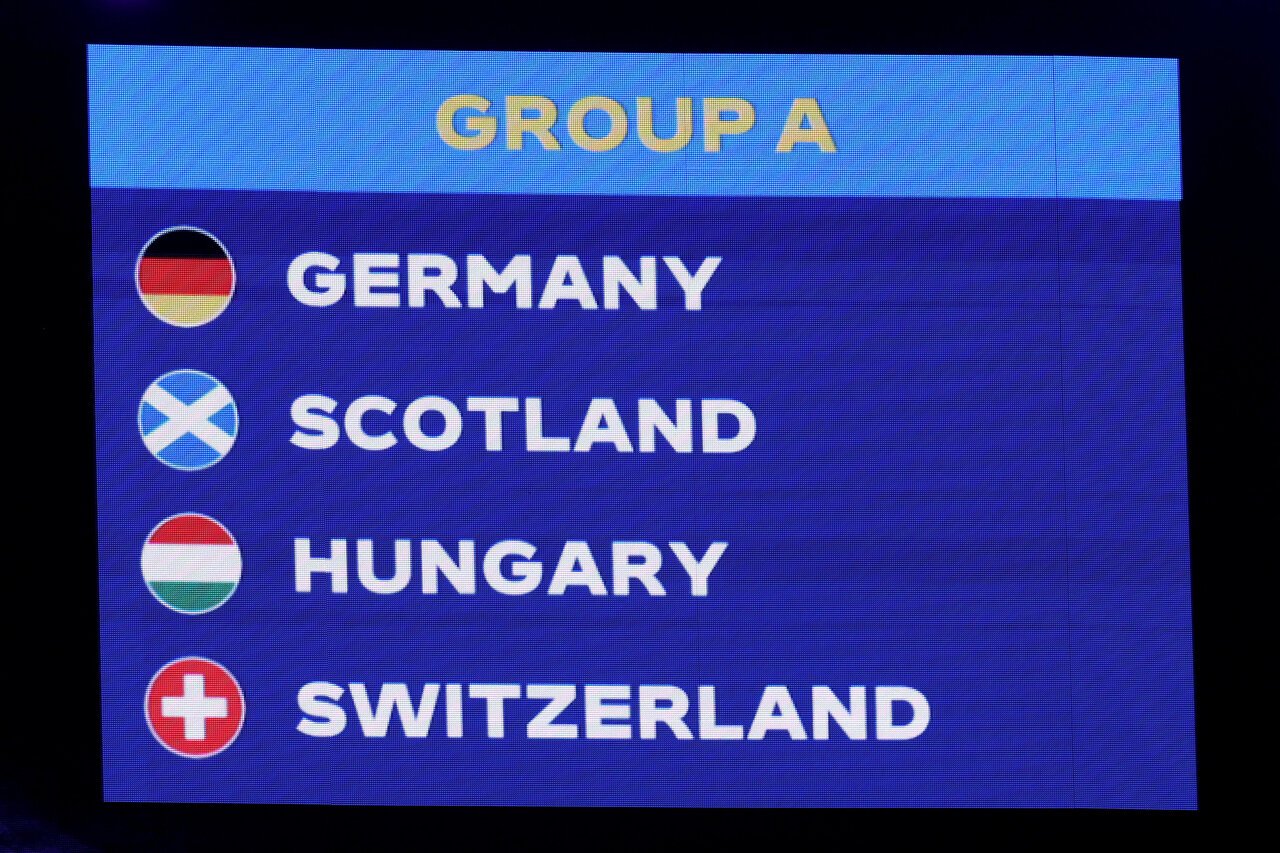If you’ve spent any time in Germany over the past couple of months you’ll be aware that strikes are happening a lot. But up until this point they’ve remained regional for the most part, even when several cities across the country have been affected.
But on Monday March 27th, unions are stepping up their action with a targeted nationwide strike aimed at paralysing transport. Staff at German airports, ports, the railways, buses and subways will walk out during the 24-hour strike, which will last all day Monday, the Verdi and EVG unions announced.
Strikes are not unusual – but the scale of the industrial action at the moment is huge, and is only heating up as employers and union bosses lock horns.
As in many other countries, people in Germany are struggling with soaring consumer prices after Russia’s invasion of Ukraine sent food and energy costs spiking. Unions are trying to negotiate wage increases for their employees to match rising inflation.
“Workers in Germany are confronted with historically high rates of inflation and losses in real wages,” Professor Dr. Thorsten Schulten, head of the Collective Agreement Archive at the Economic and Social Research Institute (WSI) of the Hans Böckler Foundation told The Local recently. “This is why the current collective bargaining round is focused on substantial pay increases and safeguarding purchasing power.”
Tweet of the week
Germany is one country, but this tweet highlights the differences between the 16 federal states (and there are many regional differences within the states too!)
To live here, you need to know there isn't one #Germany, there's 16 different flavours.
Things only get weird when you move to Bavaria to be told it's "not really" Germany.
Weirder, move to Nürnberg, in Bavaria, and suddenly you're in Franken.
German geography is tricky. pic.twitter.com/90jPhcRYE2
— Nic Houghton (@40PercentGerman) March 15, 2023
Where is this?

Throughout Germany, blossoms are beginning to bloom, signalling the start of spring. Our photo highlights almond blossom trees in the city of Gimmeldingen, Rhineland Palatinate. The popular Gimmeldingen Almond Blossom Festival takes place this year from March 24th to 26th, and from March 31st to April 2nd.
Did you know?
As we mentioned, Frühling is coming. And nothing screams springtime in Germany like bursts of pink everywhere. Streets and parks come alive with rows of Japanese Kirschblütenbäume (cherry blossom trees), decorated with pretty pink blossoms.
For around two to three weeks in April and May, rows of these beautiful cherry blossoms brighten up the country, banishing the cold winter blues.
These trees have an interesting history. An exported Japanese tradition, the Sakura Campaign brought the blossoming trees to Germany after reunification. Japanese channel TV Asahi collected over 140 million yen (about €1 million) to gift the trees to Germany as well as to other locations in the world.
The ornamental cherry trees are very popular in Japan and are said to bring people inner peace and serenity. The first trees in Berlin were planted in November 1990 at Glienicker Brücke (Glienicke Bridge), a site that had symbolised the division of Germany.
Nowadays, the heavenly pink petals are in lots of locations around Germany and provide great photo opportunities, making them a social media favourite.




 Please whitelist us to continue reading.
Please whitelist us to continue reading.
Member comments